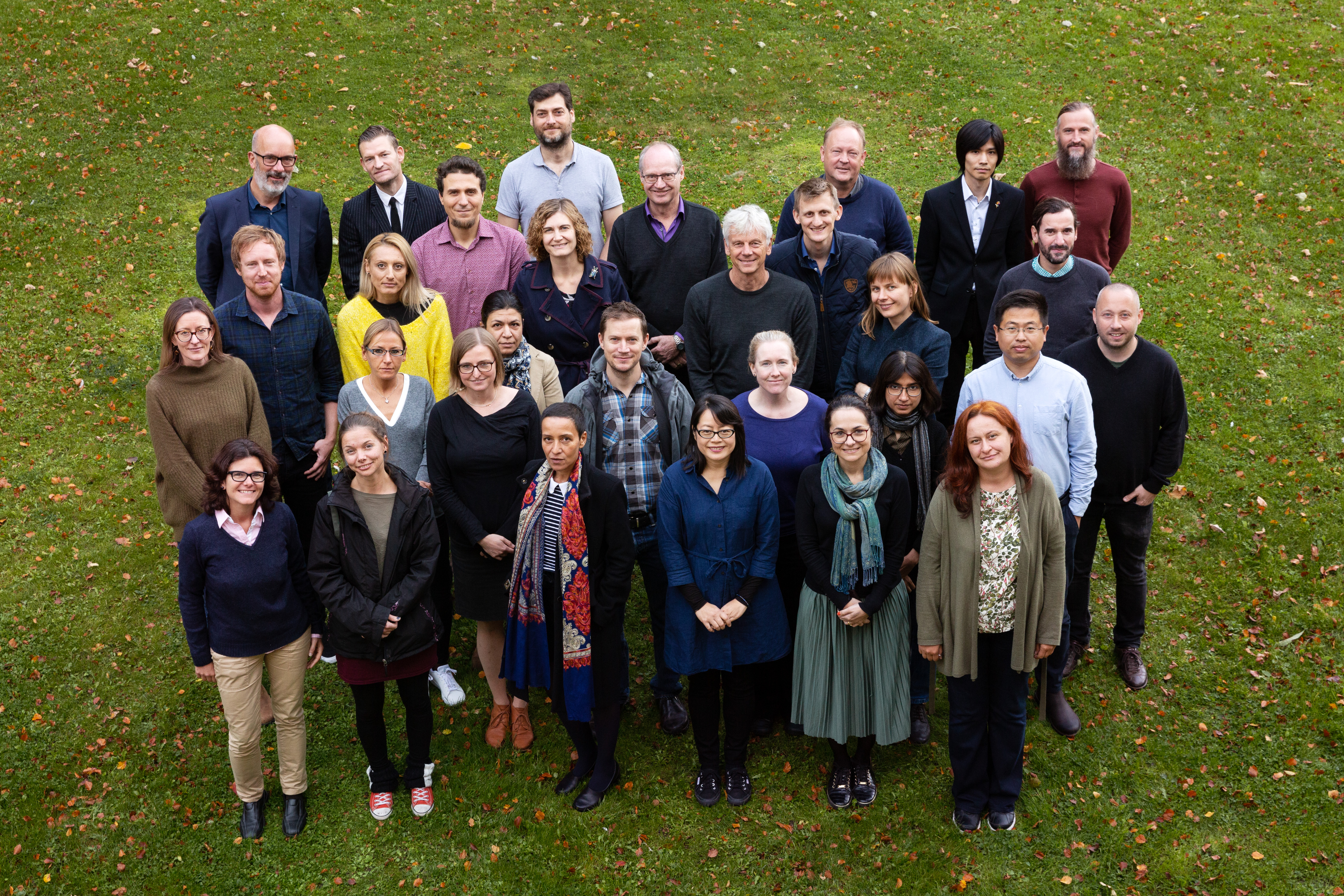CRISPR expert is the last fellow in the AIAS-COFUND I Fellowship programme
The AIAS-COFUND I fellowship programme funded by the EU’s FP7, Marie Skłodowska-Curie Actions, COFUND scheme and Aarhus University Research Foundation has been running successfully since 2014. When AIAS Fellow and geneticist Rasmus O. Bak finishes his fellowship this week, this first AIAS programme comes to an end.

One of the main aims of the Marie Skłodowska-Curie Actions, COFUND Programme of the European Union’s Seventh Framework Programme (FP7) was to increase transnational research mobility and research career development in the European Union by bringing researchers from around the globe together.
This aim has certainly been realised with the AIAS-COFUND programme. Since its beginning in 2014, 59 fellows have benefitted from the programme and contributed to the mission of the COFUND Programme until this month of December 2020.
“The AIAS-COFUND Programme has proved tremendously successful, and we are grateful for the support from the European Union and Aarhus University Research Foundation. We are also happy that the programme has continued in the AIAS-COFUND II programme, also supported by Marie Skłodowska-Curie Actions, COFUND Programme under Horizon 2020,” says Professor Søren Keiding, director of the Aarhus Institute of Advanced Studies.
Denmark – the US – and back
AIAS Fellow Rasmus O. Bak is the last fellow of the AIAS-COFUND I Fellowship programme. Rasmus began his AIAS Fellowship in 2017, returning from a 3-year postdoctoral research stay at Stanford University in the US, where he specialised within the field of genetics and developed his expert skills in gene editing and the CRISPR/Cas9 tool – popularly called ‘a pair of genetic scissors’. This tool enables researchers to cut out or edit defective genes in the human genome.
With this skill set, Rasmus returned to Aarhus where he now leads his own research group, which continues his work on CRISPR and applying it to curing deadly genetic diseases, e.g. inherited immune defects. The 2020 Nobel Prize in Chemistry was awarded to the discovery of CRISPR for genome editing, which stresses the importance of the tool that Rasmus is a specialist in.
“With the AIAS Fellowship, I was reintegrated into Aarhus University in a highly international and elite research environment, which really supported my transition from postdoc to group leader” says Rasmus O. Bak.
Canadian biological oceanographer from Hawai’i to Aarhus
Another fellow who has contributed to the AIAS-COFUND Marie Skłodowska-Curie Fellowship programme is Canadian biological oceanographer Anna B. Neuheimer. Anna was a fellow at AIAS from 2018 until 2020, on leave from a position at the University of Hawaiʻi at Mānoa.
After her AIAS Fellowship, Anna received an offer for a tenure-track position at Aarhus University and joined AU's Aquatic Section at the Department of Biology:
“The existence of AIAS itself speaks to Aarhus University's innovative and interdisciplinary approach to academia. During my fellowship, I was inspired by the many different collaboration opportunities available at AIAS and across the Department of Biology. These, along with the support and trust I was shown at AIAS, played a large part in my decision to move my lab here from Hawaiʻi."
Contact
Helle Villekold, Programme Manager
helle@aias.au.dk eller på telefon: +45 87 15 35 58
Søren Rud Keiding
keiding@aias.au.dk eller på telefon: +45 28 99 20 61
Aarhus Institute of Advanced Studies, AIAS
Høegh-Guldbergs Gade 6B
DK-8000 Aarhus C
Danmark
www.aias.au.dk
